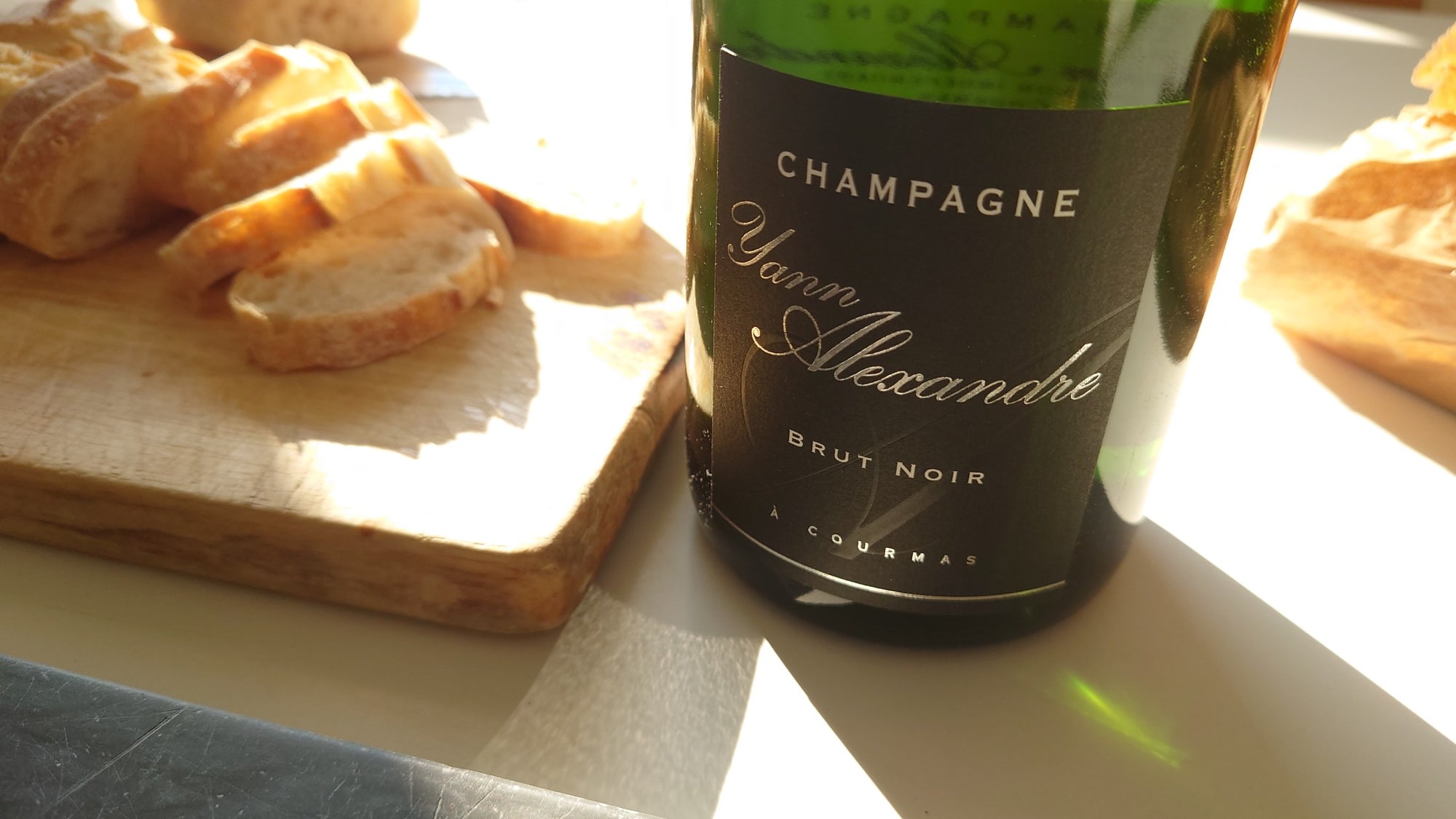
Pear drop is a term often used by wine writers to describe the flavor of Beaujolais Nouveau. These writers would all be British since pear drops are virtually unknown in North America. They're a traditional type of candy that the British call boiled sweets and Americans call hard candy.
 They get their flavor from isoamyl acetate, an artificial flavoring commonly called banana oil. Yes, pear drops taste mainly like bananas but also like ripe pears as well. Beaujolais Nouveau gets its pear drop/ banana candy flavor from carbonic maceration, a process where whole bunches of grapes are fermented without crushing. The process produces isoamyl acetate, the pear drop flavor compound.
They get their flavor from isoamyl acetate, an artificial flavoring commonly called banana oil. Yes, pear drops taste mainly like bananas but also like ripe pears as well. Beaujolais Nouveau gets its pear drop/ banana candy flavor from carbonic maceration, a process where whole bunches of grapes are fermented without crushing. The process produces isoamyl acetate, the pear drop flavor compound.


Comments
Hi, apparently pear drop aroma comes as well when fermenting whites at “low” fermentattion, is that true? does this low temperature fermentation increases the production of the acetate mentioned above?
Oddly enough the same volatile compound, isoamyl acetate, pops up a lot in Pinotage.
It’s been described as banana oil, wet paint, and nail polish remover.
Personally, I also get this banana-esque flavor when tasting the Falanghina wines of southern Italy.
Love this post! Please do some more steve…I never knew what was meant by “pear drops” in the wine manuals, and have had it described to me in so many ways, this is the first time I’ve heard the truth apparently. What other smells/flavors are too culturally specific to warrant use in a global context?
Hi Rodolphe, – I agree about the Pinotage. It seems like there is a lot more fruity carbonically macerated Pinotage than the old school ashtray and elephant skin Pinotage that I happen to like. The “red nose day” red wine (a charity promotion here in the UK) this year was a Pinotage that was a dead ringer for Beaujolais Nouveau.
Thanks, Ryan – I think “blackcurrant” is another term that people in the UK understand much better than Americans. British children grow up drinking Ribena and eating blackcurrant flavored (flavoured) wine gums. It’s a classic descriptor for Cab. Sauv, and in particular “Claret” – Red Bordeaux which most British adults end up drinking a lot of.
Boiled sweets? Ugh! So glad I speak American. ;)
To follow up on what Steve said — gooseberry is another flavor that Americans are unaware of. I didn’t grasp the flavor profile until after I bought a jar of gooseberry jam at Ikea a few years ago.
Cassis is another cultural term, and a double whammy to us in America! Its the French name for the black currant, a fruit as Steve pointed out being known to very few Americans. Often times a gourmet store will sell a black currant jam, but if you check the label they are often combined with grapes or grape flavoring, further confusing the American palate! At my wine shop I tell people who want to know what blackcurrants and cassis taste like to try a Cabernet from Diamond Mountain in Napa or any Bordeaux from Pauillic.
Hi Erica and Chris -
Thanks for the comments – gooseberry and blackcurrant (cassis) are related and confusing terms. In the Nez du Vin (the bunch of crazy expensive aroma vials) blackcurrant bud is the same as gooseberry.
I wrote an article last month (that’s still waiting for editorial approval) about blackcurrant. The big reason most Americans aren’t familiar with it is that it was illegal to grow until recently!
Love this post! Please do some more steve…I never knew what was meant by “pear drops” in the wine manuals, and have had it described to me in so many ways, this is the first time I've heard the truth apparently. What other smells/flavors are too culturally specific to warrant use in a global context?